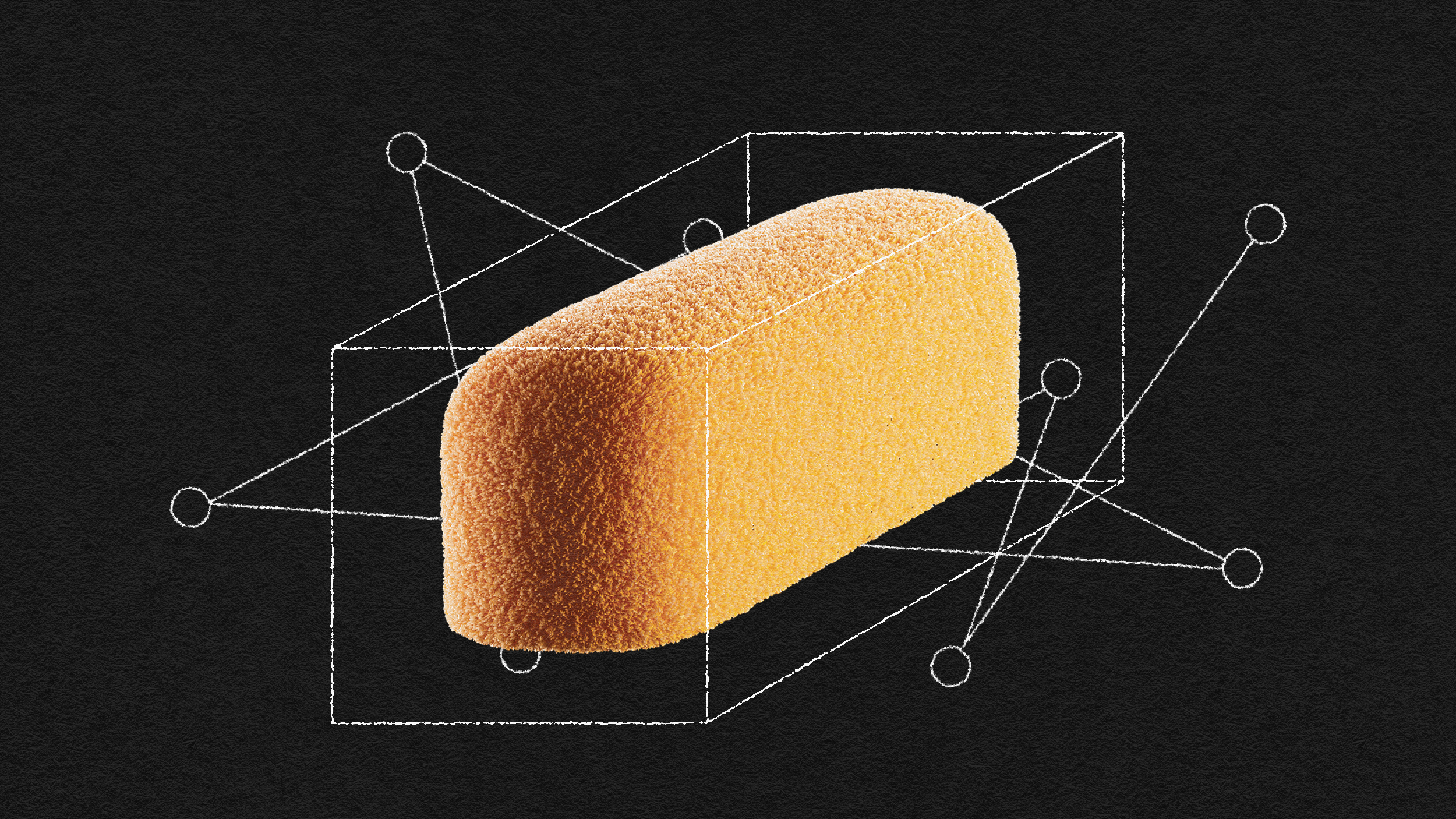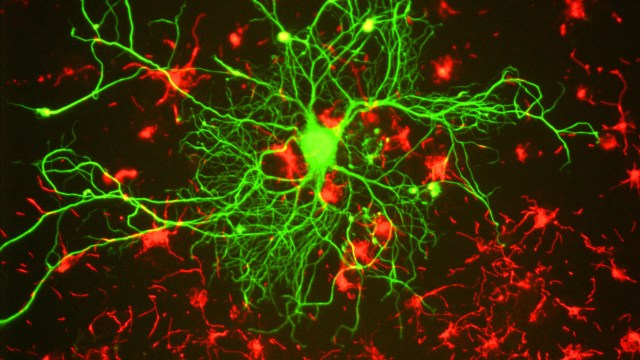The ‘Western diet’ is linked to adult acne in a new study

Photo by Lakruwan Wanniarachchi/AFP via Getty Images)
- University of Paris researchers found that the consumption of fatty and sugary products, sugary beverages, and milk seems to increase adult acne.
- The team used data from over 24,000 participants in a famous French study.
- Roughly 50 percent of adults in Western countries over age 25 suffer from acne.
The bane of adolescence can be a lifetime recurrence with the wrong diet. According to a new study, published in JAMA Dermatology, the Western diet is associated with an increased likelihood of adult acne.
Acne is the result of dead skin cells and oil clogging hair follicles. This is the stuff of teenage nightmares: blackheads, oily skin, pimples, whiteheads, and even scarring. While the face is often the victim, acne affects other regions with a high number of oil glands, including the upper chest and back.
Acne is purportedly the most common chronic inflammatory skin disease in the world. While it mostly occurs between the ages of 15 and 17, studies show that roughly 50 percent of adults over age 25 continue to suffer from acne, whether intermittently or chronically. That group is predominantly female, and, more relevant to this study, they are from Western countries.
Acne psychologically stunts teenagers, resulting in low self-esteem, social isolation, and depression. These psychological conditions continue into adulthood. As the researchers of this study, led by a team from Institut National de la Santé et de la Recherche Médicale at the University of Paris write, acne “is reported to have the same emotional, social, and psychological consequences as chronic diseases, such as asthma, arthrosis, epilepsy, and diabetes.”
Diet is not the only factor in chronic and persistent acne. Endocrine disorders and genetic predispositions play a role. Environmental and lifestyle factors, such as exposure to pollution, cosmetic products, and tobacco use also contribute. Dietary behavior is also a major factor—perhaps the major factor.
The treatments for acne range from azelaic and salicylic acid to antibiotics and retinoids. The team in Paris suggests a simpler method: eat less high-fat and high-sugar foods and beverages and consume less dairy.
Optimize Your Brain: The Science of Smarter Eating | Dr. Drew Ramsey | Big Thinkwww.youtube.com
Using data from over 24,000 participants from the French NutriNet-Santé study, the researchers assessed a dozen food groups, including milk and dark chocolate, refined cereals, vegetables, meat, and sugary beverages. They then classed participants by age, body mass index (BMI), educational status, smoking status, sex, medical history, and physical activity.
The results were clear: there appears to be a link between adult acne and the consumption of fatty and sugary products, sugary beverages, and milk, all major components of the “Western diet.”
While proving causation will take time, the researchers offer a few hypotheses as to why these dietary groups could be behind adult acne.
- High-glycemic diets elevate levels of Insulin-like growth factor-1 (IGF-1) and insulin, which ultimately increases levels of oxidative stress and inflammation.
- Increased IGF-1 stimulates the production of androgens, producing higher levels of sebum, a yellowish, oily substance related to acne.
- Milk consumption increases IGF-1 production by the liver; drinking milk has similar effects as eating a high-glycemic meal.
As with many post-study analyses, the team noted a number of limitations, including the fact that acne levels were self-reported in the initial study (therefore open to interpretation and personal biases), and the French population was skewed toward women, healthier dietary habits, and higher educational levels, which is not reflective of the entire planet.
Still, given the high prevalence of acne in the Western world and the well-known negative effects of the Western diet, their conclusion seems to stand on solid ground.
“The consumption of fatty and sugary products, sugary beverages, and milk appears to be associated with current acne. Our results may support the hypothesis that the Western diet (rich in animal products and fatty and sugary foods) is associated with the presence of acne in adulthood.”
—
Stay in touch with Derek on Twitter, Facebook and Substack. His next book is “Hero’s Dose: The Case For Psychedelics in Ritual and Therapy.”





